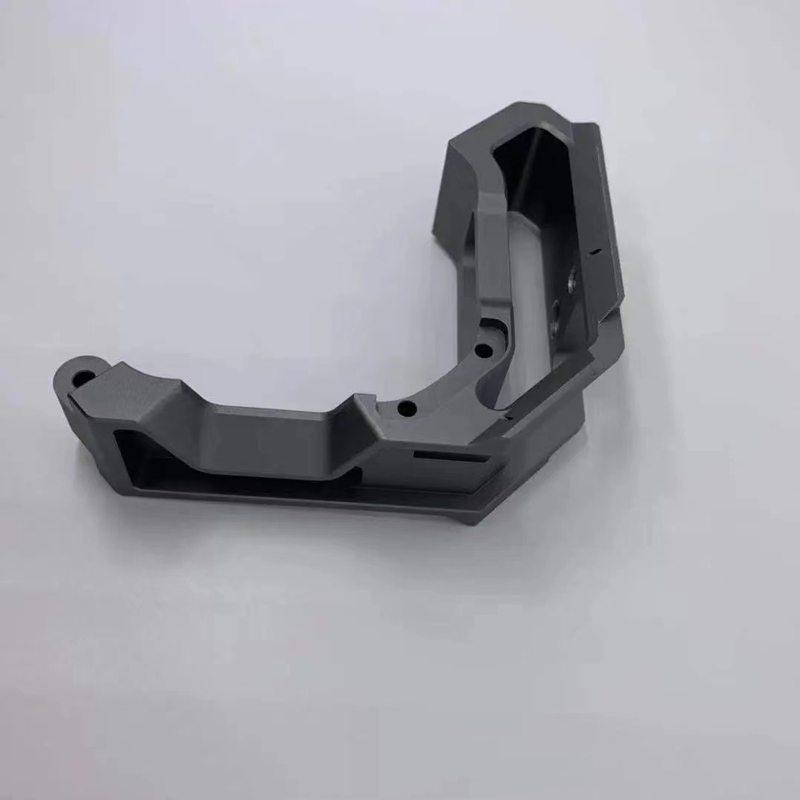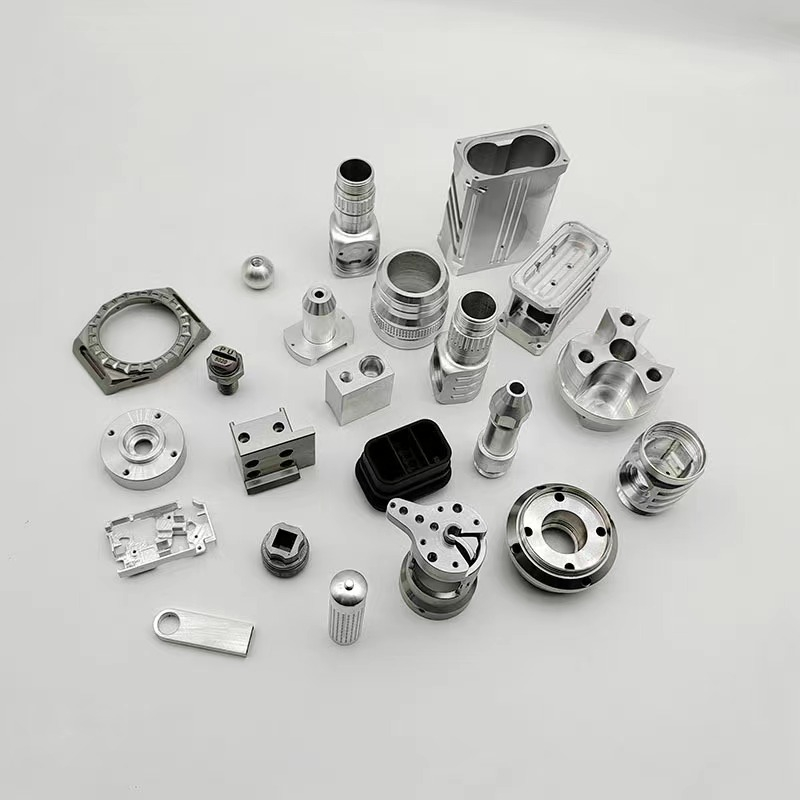Aluminum is one of the most common and versatile materials used in many industries today. Its lightweight yet strong and corrosion-resistant properties are why manufacturers choose it for aerospace components and consumer electronics, among other products.
At Falcon CNC Machining, we take high-quality aluminum and machine it into custom engineered parts that meet some of the most rigorous industry standards. But, how exactly is aluminum machined, and is there anything you should consider before deciding on an alloy or process? Let's take a closer look.
1. What Does the Machining Process for Aluminum Include?
It’s not just about cutting aluminum during the machining process—it’s a scientific endeavor that involves precision, the right types of tooling, and an understanding of the material.
The primary machining processes for aluminum include:
Turning:
The aluminum workpiece spins in a lathe while the cutting tool removes material to produce cylindrical components. This is ideal for parts such as shafts, bushings, or any other complex rounded components, if the diameters vary, then its certainly a candidate for turning.
Milling:
Rotary cutters remove aluminum from blocks through a series of cutting passes to produce complex 3D shapes. This process is used in applications such as automotive parts, housings, or large structures for aerospace, to name a few.
Drilling and Tapping:
Drilling and tapping produce precision holes and threads in aluminum allow for mechanical fastening. At Falcon we utilize specific types of drill bits to not work harden the aluminum and retain the parent material.
Boring and Reaming:
Boring and reaming processes are applied to produce an ultra precise internal diameter, and produce a smooth finish. Where and when this process is used is typically with fluid dynamics in mind for parts like valves or pumps.
Surface Finishing:
Surface finishing processes such as anodizing, polishing, bead blasting, are used to create cosmetic and corrosion resistance finishes on aluminum parts.

2. Understanding why its good for CNC machining?
Its softness allows for machining speeds that can be higher than steels and its superior chip formation makes it easier for a superior surface finish.
3. What is Machined Aluminum?
"Machined aluminum" defines aluminum parts that utilize material removal (subtractive manufacturing) rather than forming or casting.
Characteristics include:
Superior dimensional accuracy
Smoother surface finishes
Stronger grain structure (with stronger than cast aluminum)
More design flexibility for lower-to medium-range production
At Falcon CNC Machining, we utilize advanced, state-of-the-art, 5-axis CNC machines to achieve strict tolerances on every part for various industries, where every micron matters.
4. Machined vs. Cast Aluminum: What’s the Difference?
A question we commonly receive from customers is, "Is cast aluminum stronger than machined aluminum?"
To summarize: No. Here's why:
| Aspect | Machined Aluminum | Cast Aluminum |
| Strength | Higher due to grain structure | Lower & may have internal voids |
| Precision | Extremely precise | Limited by mold accuracy |
| Production | Perfect for prototypes to mid volumes | Best for very high volumes |
| Cost | Per part (low volume) | (high volume) |
| Application | Aerospace, medical, defense | automotive housings consumer appliance |
If you are focused on creating applications that required the utmost strength, perfect tolerance, and premium quality, most often machined aluminum is the way to go.

5. Is 6061 aluminum suitable for machining?
The answer is yes.6061 Aluminum is among the most popular grades for CNC machining—and for good reason:
Excellent Machinability: Machined cleanly without causing too much wear on the tooling
Strength Versus Weight: Makes it perfect for the aerospace and automotive sectors
Corrosion Resistance: Can be used for outdoor and high humidity applications
Weldability: Can be joined with any number of joining processes
6061 aluminum has been rightly referred to as "the workhorse of aluminum" due to its good performance to cost versus its versatility.
6. 7075-T6 vs. 6082-T6: Which One is Best?
When strength is everything, the obvious choice is 7075-T6 aluminum. Here is a comparison between the two:
| Property | 7075-T6 | 6082-T6 |
Strength | Very Very High (One of the strongest aluminum grades available) | Good (higher strength than 6061) |
| Corrosion Resistance | Moderate | Excellent |
| Machinability | Fair | Good |
| Applications | Aerospace frames, racing parts | Marine structures, bridges |
7075-T6 is best suited for load applications where loads will be extreme, but you will need to worry about some sort of surface treatment to protect against corrosion.
6082-T6 is much friendly to corrosion as well as is easier to weld together, making it great for marine applications and structural applications when all the elements of the environment will affect the part.
At Falcon CNC Machining we are always asked to CNC machine aluminum components from many high-tech industries.
Aerospace: Structural supports, landing gear parts
Automotive: Performance engine blocks, transmission housings
Electronics: Lightweight frames, thermal heat sinks
Medical: Surgical instruments, components for prosthetics
Defense: Lightweight armor systems, tactical equipment
Robotics: Chassis frames, mounts for sensors
The lightweight nature of aluminum combined with its strength, machinability, and resistance to wear, aluminum has become indispensable in each of these fields.
7. Why Use Falcon CNC Machining for Your Aluminum Projects?
Knowledge in All Alloys: 6061, 7075,5083,2024 and 6082- we machine them all!
Utilizing 5-Axis CNC Technology: We can machine complex geometries to micron level tolerances.
Dedication to Quality: We check every part to make sure it conforms to your specifications.
Custom Production: We will run you a single prototype or 10,000 parts in our process.
Ready to move forward with precision machined aluminum?
Reach out to us Falcon CNC Machining today and see the precision difference for yourself. Contact us today!